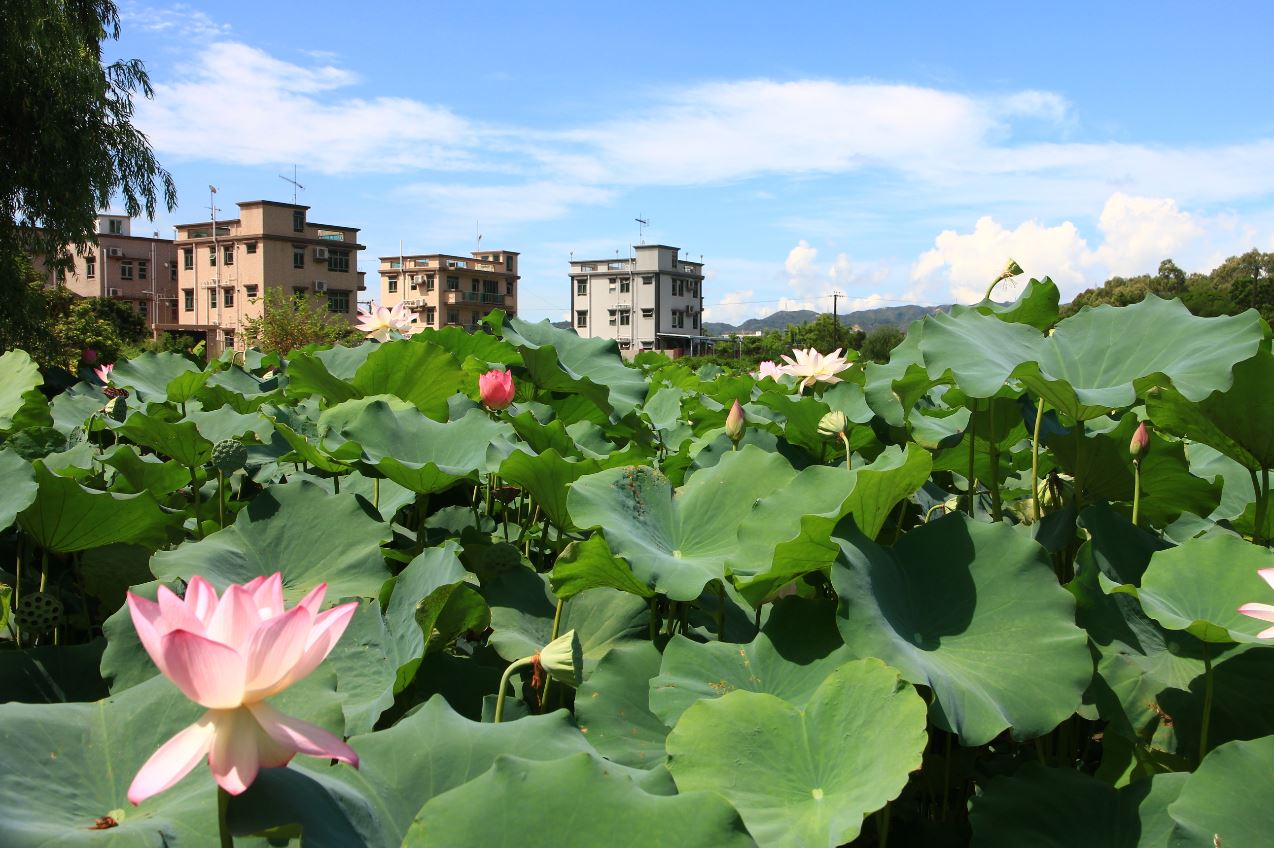Administrative and Constitutional Law — Court of Appeal extends public interest litigation exception to interested party in Small House Policy judicial review
Not only does the case come within the public interest litigation exception and warrants a departure from the normal order for costs to follow the event. Furthermore, the exception applies not only against the respondent, but also for the first time in Hong Kong extends to the interested party (i.e. Heung Yee Kuk in this case).
Kwok Cheuk Kin and Another v Director of Lands and Others
| Reference: | (CACV317/2019); [2021] HKCA 915 |
| Court: | Court of Appeal |
| Before: | Hon Poon CJHC, Lam VP and Au JA in Court |
| Date of Decision: | 25 June 2021 |
| Appearance: | Jeffrey Tam and Isabel Tam (led by Mr. Martin Lee SC), instructed by Ho Tse Wai & Partners, for the 1st and 2nd applicants |
Overview
The 1st and 2nd applicants were unsuccessful in challenging the lawfulness of the Small House Policy challenged by way of judicial review. The Court of Appeal (“CA”) dismissed the 1st and 2nd applicants’ appeal and allowed the cross-appeals of the respondents and the interested party against the judgment of Chow J in HCAL 260/2015 dated 8 April 2019.
After considering the parties’ submissions, the CA gave its decision on costs on 25 June 2021. The Court held that the case, which raised “novel issues”, comes within the public interest litigation exception and warrants a departure from the normal order for costs to follow the event. Furthermore, the exception applies not only against the respondent, but also for the first time in Hong Kong extends to the interested party (i.e. Heung Yee Kuk in this case).

Position as to Costs between Applicants and Respondents
The Court agreed with the applicants that this judicial review (“JR”) comes within the public interest litigation (“PIL”) exception. Specifically, the Court held that this case satisfies the guiding criteria for applying the PIL exception as set out by Lam J (as Lam VP then was) in Chu Hoi Dick v Secretary for Home Affairs (No 2) [2008] 4 HKC 428.
1st criterion – litigant properly brought proceedings for guidance on points of general public importance so that litigation is for the community’s benefit
The CA accepted that the Small House Policy (“the Policy”) involves important decisions of planning and scarce land allocation in Hong Kong which affect the interests of the entire population. Moreover, it is a matter of general public importance as to whether the “inherently discriminatory” Policy is nevertheless lawful and constitutional by virtue of Article 40 of the Basic Law.
In relation to the 1st criteria, the CA rejected the respondents’ argument that the proceedings were not “properly brought” due to the applicants’ lack of standing and inordinate delay. Although the CA’s substantive judgment held that these deficiencies should deprive the applicants of relief, this was not an obvious answer. On the special facts of this case, it would not be just and fair to order the applicants to pay the respondents’ costs due to the rulings on standing and delay.
2nd criterion – judicial decision contributed to proper understanding of the law in question
This JR was the first ever legal challenge against the Policy’s lawfulness and “raised novel issues that had never been determined by a court in this jurisdiction”. Accordingly, the decisions of both the Court of First Instance and Court of Appeal contribute to the proper understanding of our law. Notably, these judgments are the first set of judicial determinations where the analysis of the Policy’s constitutionality formed the ratio decidendi of a judgment.
3rd criterion – litigant has no private gain in the outcome
The 3rd criterion is also satisfied. In fact, the CA’s determination that the applicants had insufficient standing to commence the JR precludes any suggestion that the applicants had any private gain in the outcome.
Accordingly, the CA made no order as to costs of the appeal and below as between the applicants and the respondents.

Position as to Costs between Applicants and Interested Party
Two issues were identified by the CA for its determination.
1st issue – whether the interested party in judicial review proceedings is entitled to a separate set of costs
The CA accepted the interested party’s submissions that, subject to PIL considerations, it is entitled to a separate set of costs. Heung Yee Kuk represents the informed and responsible opinion in the New Territories. Judicial scrutiny of the Policy’s constitutionality has an immense and direct impact on the interests of the interested party’s constituents. Hence, its participation in the proceedings is justified.
Moreover, the interest of the interested party cannot be properly presented by the respondents’ legal team. The respondents represent the interest of the entire Hong Kong population; hence their positions may not be aligned with Heung Yee Kuk’s. They also hold different positions as to whether the rights of male indigenous villagers under the Policy could be properly construed as “lawful traditional rights and interests of the New Territories.
In reaching this decision, the CA exercised its discretion to depart from the normal rule that an unsuccessful JR applicant will not be required to pay more than one set of costs where two or more respondents appear, including the case where there is a respondent and an interested party.
2nd issue – whether the public interest litigation exception applies as against the interested party
In the CA’s words, this issue “raises a novel point in Hong Kong about the scope of the PIL exception”. Does the exception apply to a government body, or does it extend to a non-governmental body such as the interested party? The CA held that, in principle, the PIL exception may in the right case be relied on by an unsuccessful JR applicant against a successful non-government entity.
In certain classes of cases, the benefits of the litigation itself – irrespective of its outcome – are sufficiently weighty to justify the successful party paying its own costs. The rationale is that, if the usual costs order (costs to follow the event) is made, future litigants would be inhibited or discouraged from bringing proceedings of the same kind, thereby preventing the said benefits to accrue. The Court’s exercise of discretion to depart from the usual costs order is a way to mitigate such “chilling effects”.
The CA observed that, the chilling effect of an adverse costs order does not disappear simply because there is an additional private party (as respondent or interested party) in addition to the government. Moreover, if a set of proceedings satisfies the substantive public interest requirements in Chu Hoi Dick, it remains so whether or not only the government participates as an opposing party.
At paragraph 35(3) of its Decision on Costs, the CA remarked:
“… the core rationale of the PIL exception generally should also entail a successful non-government body (such as the interested party herein) bearing its own costs, as the public benefits of the litigation (and future litigations of the same kind) outweigh the injustice of having the successful party pay for its own legal costs.”
In the circumstances, the CA saw no reason why the PIL exception should not apply against the interested party. Accordingly, the Court made no order as to costs of the appeal and below as between the applicants and Heung Yee Kuk.
Commentary
This ruling will greatly assist practitioners advising private clients on exposure to costs when contemplating whether to actively participate as an interested party in a judicial review.
Moreover, this ruling is significant in terms of recognising the grave “chilling effect” on future public interest litigation that may result from an adverse costs order and the disbenefits to society as a whole if such “chilling effect” is not adequately mitigated.
|
Jeffrey Tam
Since being called in 2009, Jeffrey has established a solid practice in public law, having been involved in a number of landmark judicial review cases. Recently, in Tung Kin Lei Kelly v Ng Ting Lam and Others [2021] HKCFI 514, Jeffrey (with Abigail Liu) successfully resisted an election petition in the first ever case in Hong Kong’s judicial history where the Courts interpreted a fundamental provision in the District Councils Ordinance (Cap. 547). He appeared successfully for the Applicant in Tam Hoi Pong v Town Planning Board [2020] HKCFI 2265, which challenged the Board’s decision on funding arrangements in relation to a development site. |
|
Isabel Tam
Isabel is a Bar Scholar who was called to the Bar in 2013. Her practice has an emphasis on public law, family law, commercial law, regulatory matters, and building management. In addition to the judicial review of the Small House Policy, her experience in public law includes matters related to the “Co-location Arrangement” (郭卓堅 v 林鄭月娥特首連同行政會議成員, HCAL 1178/2018; CACV 8/2019), the 3rd airport runway, immigration decisions, disciplinary decisions, and administrative tribunals. |
Disclaimer: This article does not constitute legal advice and seeks to set out the general principles of the law. Detailed advice should therefore be sought from a legal professional relating to the individual merits and facts of a particular case.

